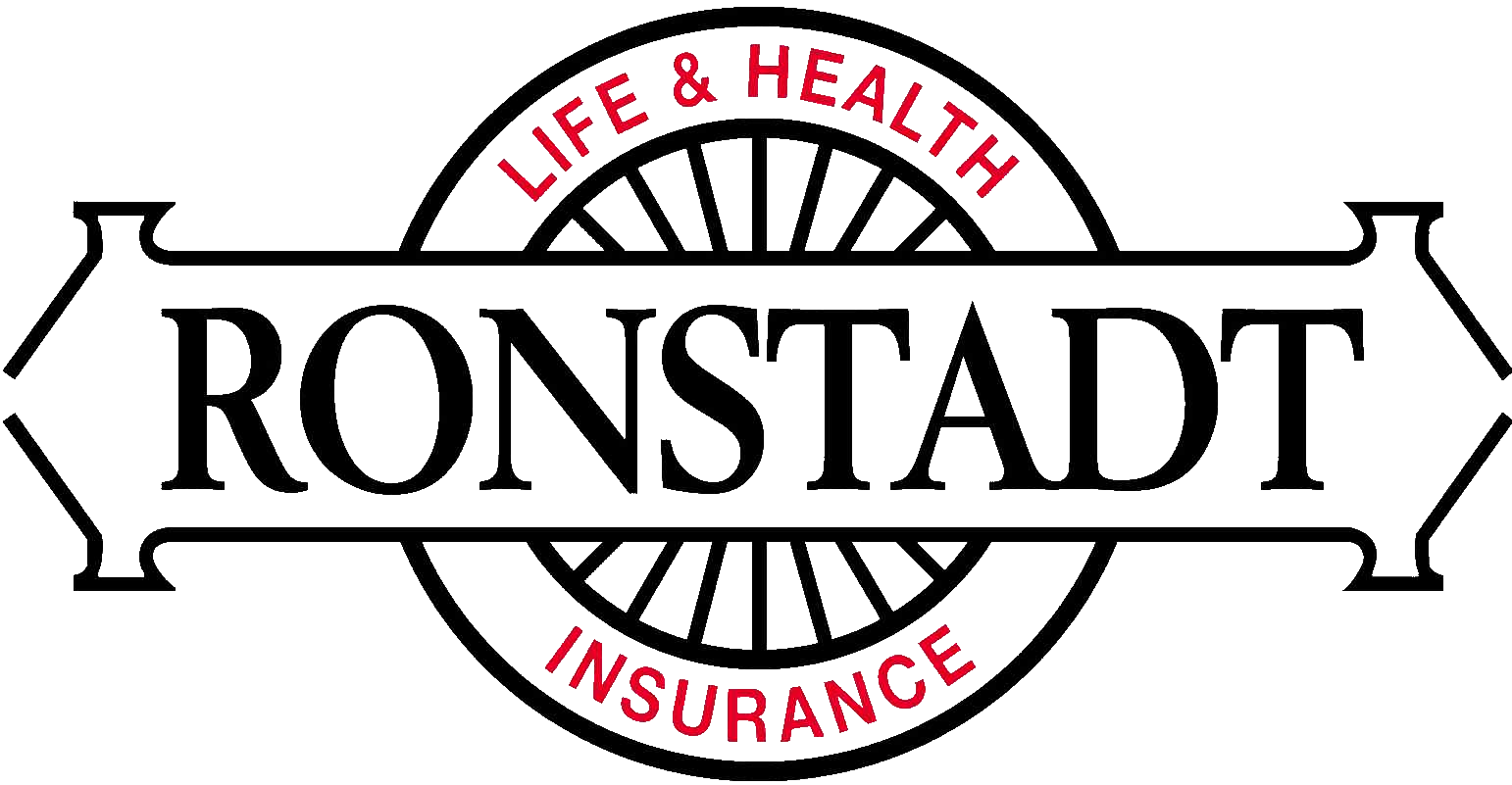A Heart-to-Heart on Heart Disease
February is a month filled with Valentine’s treats, love, and romantic gestures. So it should come as no surprise that it’s also American Heart Month. This is a great time to catch yourself up on the newest info about heart disease, its risk factors, and the simple changes you and your family can make to help avoid it.
Heart disease remains the leading cause of death in the United States for both men and women. In fact, 1 in 4 U.S. deaths are caused by heart disease. While that number can look pretty scary, the good news is heart disease can often be prevented.
Preventing heart disease starts with knowing your risk factors. In general, the more risk factors a person has, the greater the chance they will have heart disease.
Here are some of the major risk factors that contribute to heart disease:
Genetics—Heart disease can be hereditary. If you have a family history of heart disease, you are more likely to develop it as well.
Ethnicity—Studies have shown higher rates of heart disease among African Americans, Mexican Americans, American Indians, Native Hawaiians, and some Asian Americans.
Gender—Men typically have more heart attacks than women do. Men also tend to have them earlier in life than women do.
Age—Men’s risk of heart disease starts to rise after age 45, while women’s age risk factor goes up at 55. Most people who die of heart disease are 65 or older.
Smoking—The American Heart Association has found a sharp increase in the risk of heart disease among people who smoke.
High Blood Pressure—Nearly half of all American adults have high blood pressure, and many of them are unaware of it. Also called hypertension, high blood pressure causes the heart to work harder than normal, which can lead to an enlarged and/or weakened heart. Your ideal blood pressure should be less than 120 systolic and less than 80 diastolic.
High Blood Cholesterol—LDL cholesterol (the “bad” cholesterol) increases your risk of heart disease because it can thicken and damage the walls of your arteries, making it more difficult for blood to flow through.
Physical Inactivity—Not only does being inactive increase your risk of heart disease, but it can also lead to an elevated risk of obesity, diabetes, hypertension, and lower levels of HDL cholesterol (the “good” cholesterol).
Obesity—Carrying extra body weight doesn’t just put more strain on your joints—it greatly affects your heart, too. Even without any other risk factors, extra body fat increases your risk of heart disease.
Diabetes—If you have diabetes, careful management of that disease can help reduce your risk of heart disease. However, at least 68% of people 65 and older with diabetes die from some form of heart disease.
If knowing your risk factors is step one in heart disease prevention, then step two is controlling them.
One of the best things you can do for yourself is to get outside and get moving. The American Heart Association recommends at least 30 minutes of aerobic exercise a day to keep your heart healthy. Here in Arizona, that could be a brisk walk around your neighborhood while you enjoy one of our beautiful sunsets, or a morning swim to get your blood flowing.
Even low-intensity activity can help you be heart-healthy. Activities like gardening and even housework can help your heart in the long term. Always remember: Before beginning any exercise program, be sure to talk to your doctor.
Moving around more can also help you control another risk factor—obesity. Daily exercise in combination with a balanced and heart-healthy diet can help you watch your weight and even lower your cholesterol. Small changes like seasoning your food with spices instead of salt and taking the stairs instead of the elevator can have surprising benefits.
Last but not least: If you smoke, stop. Not only does smoking endanger your heart, but it can also lead to lung cancer. Stopping now could help save your life (and a lot of money).
Show your heart some love! As you see all those candy hearts getting passed around, take a moment to think of your heart, and the steps you can take to keep it healthy and strong. A few healthy lifestyle changes can make a real difference.
Sources: heart.org, health.gov, Blue Cross Blue Shield of Arizona

















